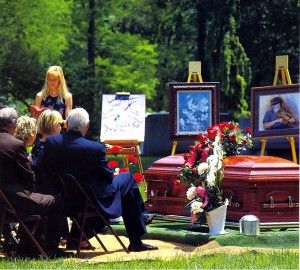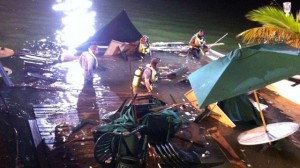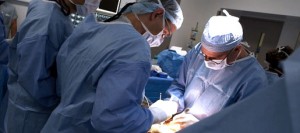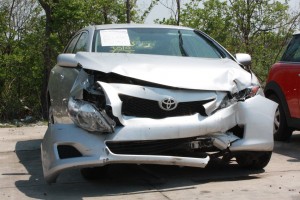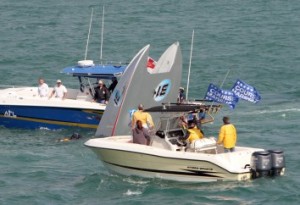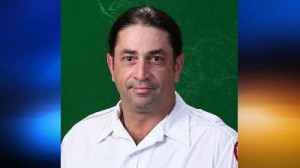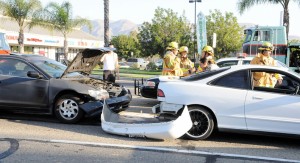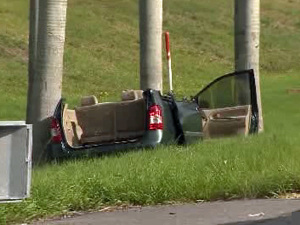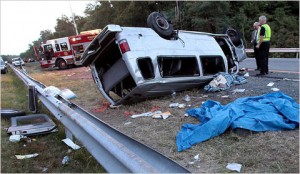July 7, 2013, Miami, FL- The pain of losing a loved one is immeasurable, especially if their death was untimely or caused by another person or entity. It may be the furthest thing from a person’s mind while they are grieving for their parent, brother, sister, spouse or child, but survivors can seek compensation to cover their financial losses attributed to medical and funeral expenses and loss of wages. Florida wrongful death statutes also take the emotional losses of survivors into account.
A wrongful death claim is a civil suit which alleges that a person’s death was unnecessary and was the fault of another person or entity’s negligence. Wrongful death claims involve a range of accidental deaths from simple car accidents to complex medical malpractice and product liability cases. People, corporations and local, state or federal government can be sued for wrongful death either because they failed to protect an individual’s safety or intentionally caused their death.
The most important thing to note about filing a wrongful death suit in Florida is that time is critical, you must act quickly. We at the Law Office of Jonah Wolfson understand that when a person is grieving the loss of someone they love it’s hard to think about a lawsuit, but in order to have a successful case you need to hire counsel as soon after the fatal event as possible.
 Miami Personal Injury Attorney Blog
Miami Personal Injury Attorney Blog



